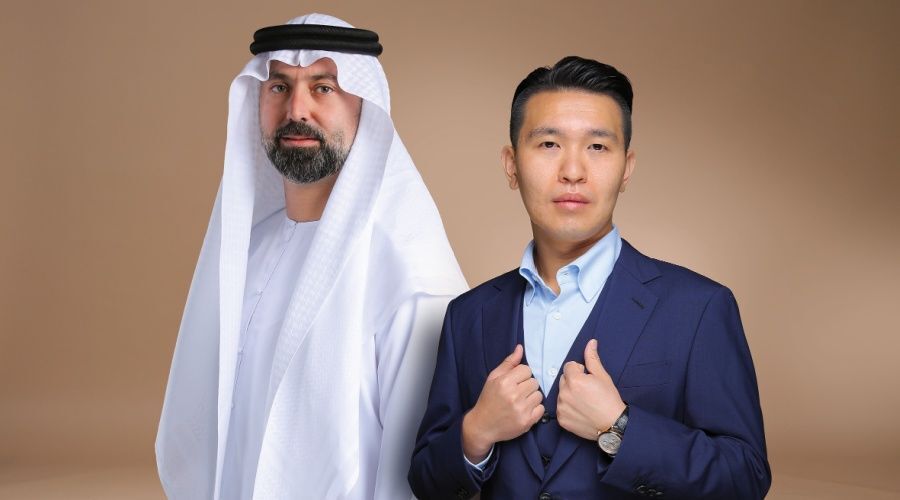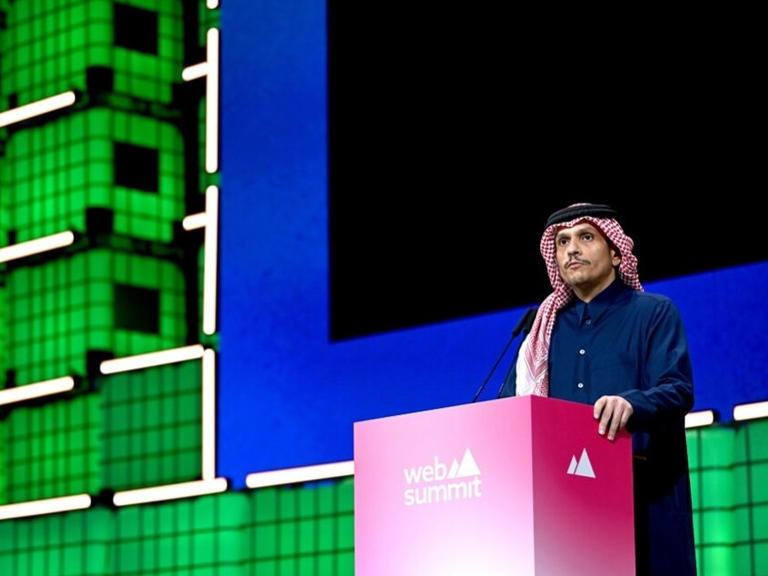Egyptian fintech Munify has raised $3 million in seed funding led by Y Combinator, with participation from regional investors BYLD and DCG, to build a cross-border neobank aimed at solving one of Egypt’s most entrenched financial pain points: remittances.
Founded in 2025 by Khalid Ashmawy, Munify enables Egyptians abroad – particularly in the U.S., U.K., Europe, and the Gulf – to send money home instantly at lower cost, while offering residents in Egypt access to U.S. banking services such as accounts and cards using only a local ID.
Ashmawy, who previously co-founded Founders Fund-backed proptech Huspy and spent seven years as an engineer at Microsoft and Uber, drew on his own experience of wiring money home as a student in Europe. A $400 transfer could cost $40 in fees and take three days to arrive, a pain point that remained unresolved even years later.
The Cairo and US-linked startup, part of YC’s Summer 2025 batch, is one of the rare entrants in this year’s program without a core AI thesis. Instead, Munify is betting on building its own rails connecting banking systems directly across countries, rather than layering on top of existing remittance providers.
Alongside its consumer offering, Munify operates a B2B model, providing APIs for companies to send and receive cross-border payments. The startup has already signed contracts with mid-sized firms and enterprises representing more than $50 million in projected monthly transaction volume.
Revenue is generated through FX spreads, interchange fees, and payment flows. Ashmawy told Techcrunch that early adoption has come via word of mouth since the platform’s launch two weeks ago, with thousands of sign-ups.
Egypt remains one of the world’s largest remittance markets, with nearly $30 billion in annual inflows. While incumbents such as Western Union and MoneyGram still dominate, digital challengers are gaining ground. In other emerging markets, startups like Nigeria’s LemFi and India’s Aspora have scaled quickly, Munify aims to replicate that trajectory for Egyptians and, eventually, expand across the Middle East.





